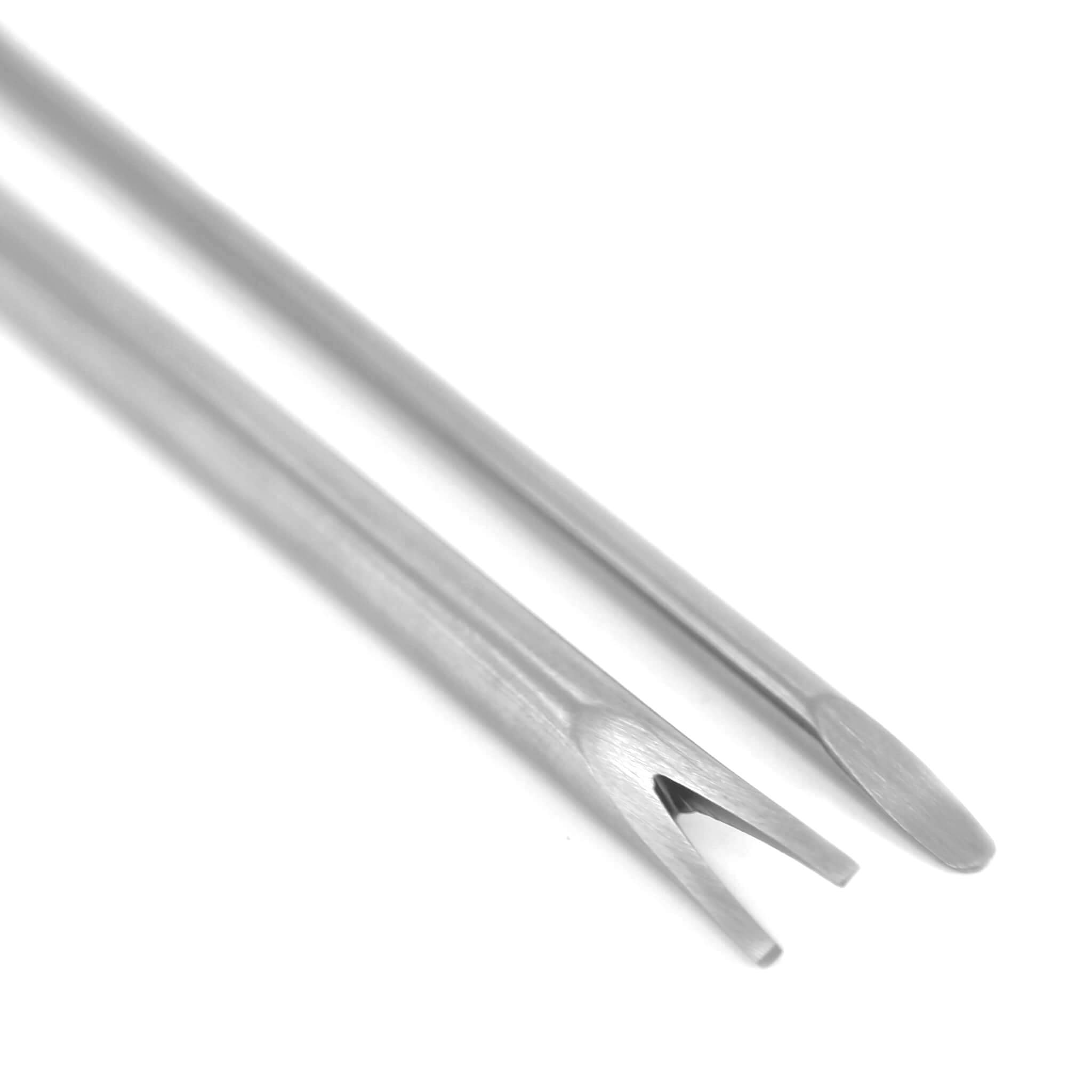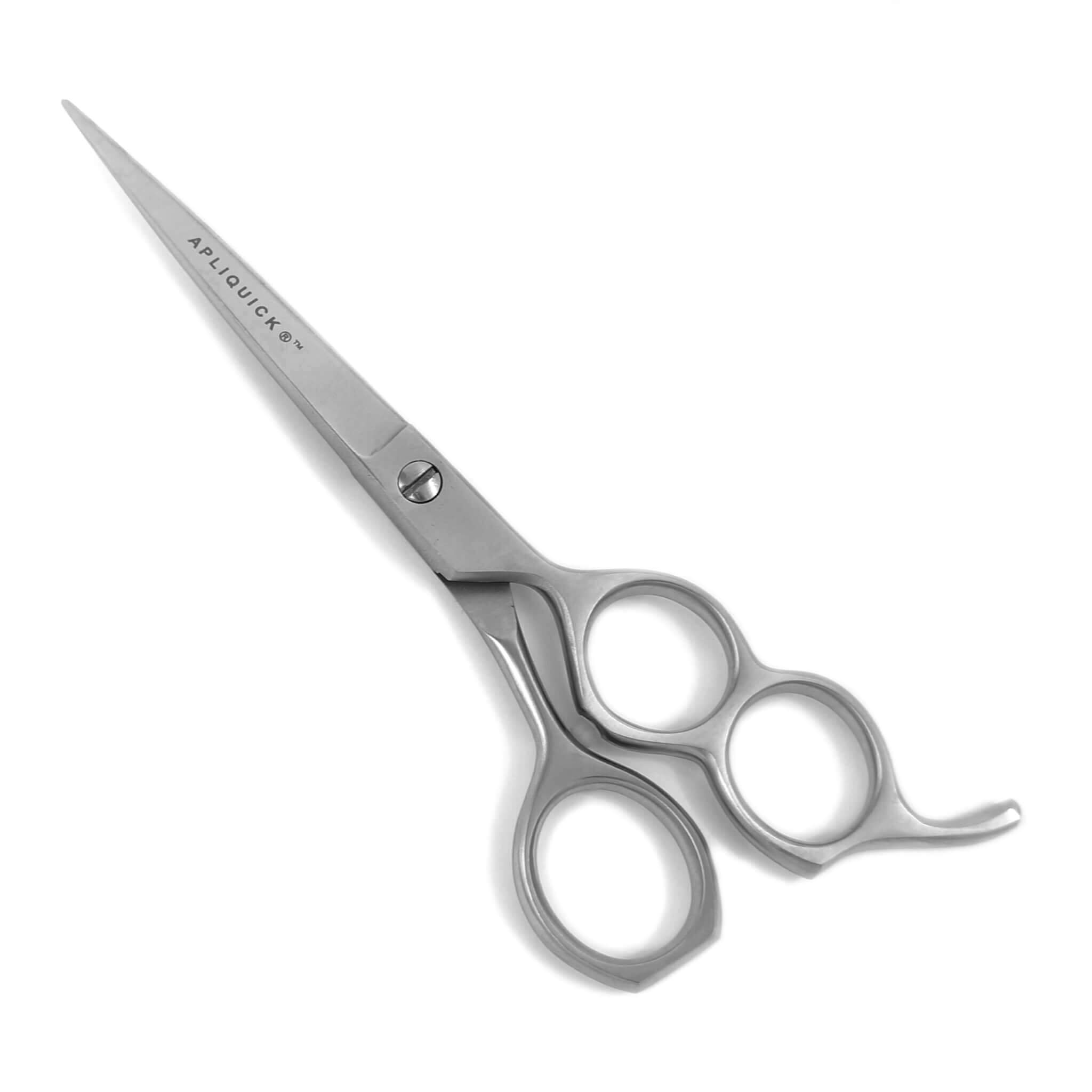 1
1
(NOTE: This article was originally published in 2009.)
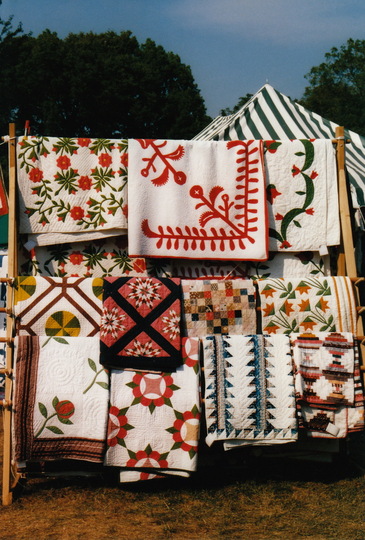
Photo by Karen Alexander
Like so many who were lured into quilting in the 1970s and 80s, it was often a serendipitous occurrence that attracted future quilters at that time. Many who answered the call were already weavers or knitters and seamstresses, but not quilters. Enter stage left - Merikay Waldvogel of Knoxville, Tennessee.
Merikay Waldvogel, one of the key players in the late 20th century quilt history revival, was one of those who had not grown up quilting but was hooked when she happened upon a colorful North Carolina Lily quilt in an antique shop in 1974 that "called" to her. She purchased it on impulse and took it home, wondering about the woman who had left the quilt unfinished. This purchase and the questions the quilt engendered about the maker would eventually change Waldvogel's life forever. If you have ever heard Waldvogel lecture, you know what I mean when I write that her passion for documenting and giving voice to "forgotten" women is palpable and her research meticulous.
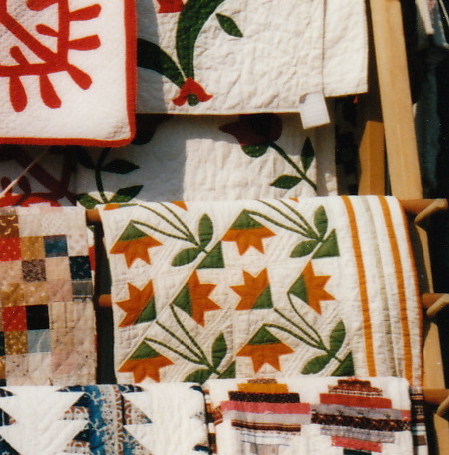
photo by Karen Alexander
By 1977 Waldvogel had become a "collector" and discovered that quilts offered the perfect vehicle for creative, thought-provoking programs for the women's center at which she worked at that time and invited Bets Ramsey to present a program. Soon after, Waldvogel began attending the Southern Quilt Symposium (SQS) at the Hunter Museum of American Art. Founded by TQHF Bets Ramsey in 1974, this symposium would eventually influence many future quilt historians.
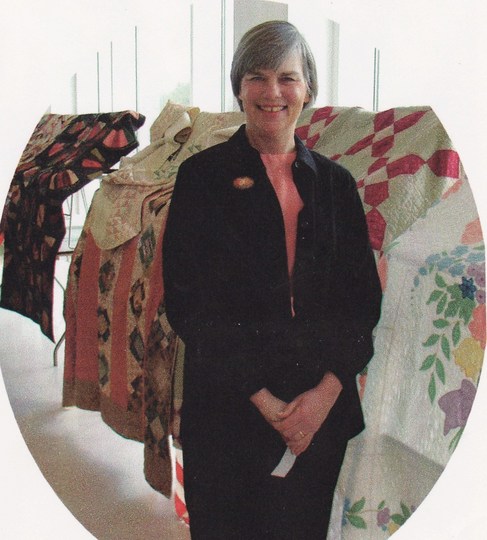
Photo courtesy of Merikay Waldvogel
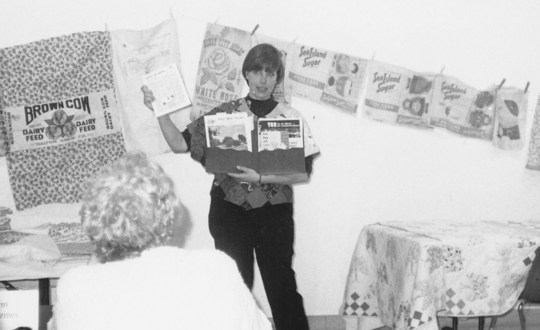
Photo courtesy of Merikay Waldvogel
While attending the Southern Quilt Symposium, Waldvogel met members of the American Quilt Study Group and the seeds of another aspect of her future quilt career was launched. Waldvogel soon began in-depth research on one of the quilts in her collection with a sailboat theme. The quilt bore a Works Progress Administration (WPA) stamp, indicting that it had somehow been associated with the WPA during the 1930s.
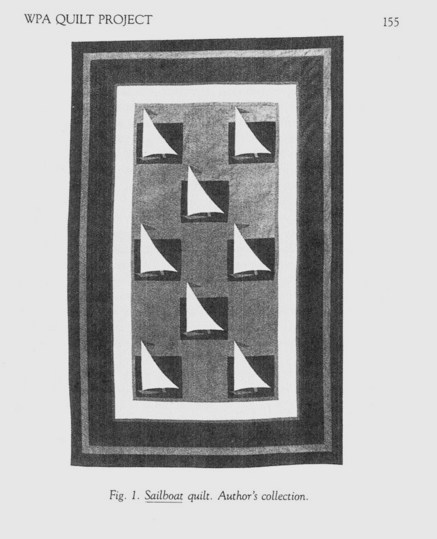
Photo by Karen Alexander
This quilt became the vehicle of her first research paper presented at the annual AQSG seminar in Mill Valley, California in 1984. It's a fascinating story of sleuthing that is well worth reading. The 1984 back issue you see in the photo is available from AQSG here as are the 1990, and 1994 issues of Uncoverings.
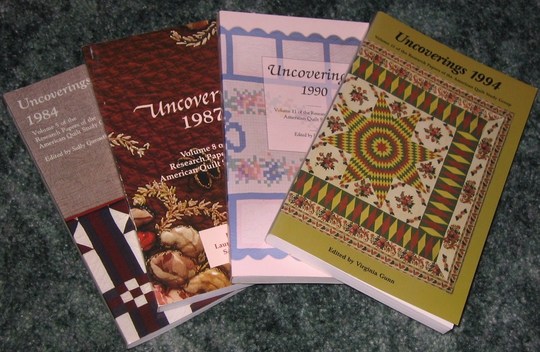
Photo by Karen Alexander
Waldvogel's other Uncoverings articles for AQSG were Southern Linsey Quilts (1987), the Anne Orr Studio of Nashville (1990), Round Robin Pattern Collecting (1994), and the Early History of Mountain Mist Patterns (1995) were all groundbreaking research.
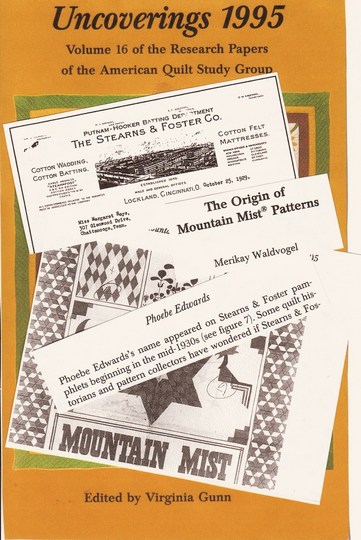
Photo by Karen Alexander
In 1983 Waldvogel began her two-year collaboration with Bets Ramsey to co-direct the Quilts of Tennessee. At the end of the two years together they wrote the book Quilts of Tennessee: Images of Domestic Life Prior to 1930, and put together a traveling exhibit that toured the state from 1986-1988, one of many exhibits Waldvogel has curated over the years.
They later collaborated on the book Southern Quilts: Surviving Relics of the Civil War. In the Southeast, Merikay is known for her writings about Southern women and their quilts in Appalachian Life and Smokies Life magazines. She also lectures frequently to quilt guilds, historical societies, and museums in the area.
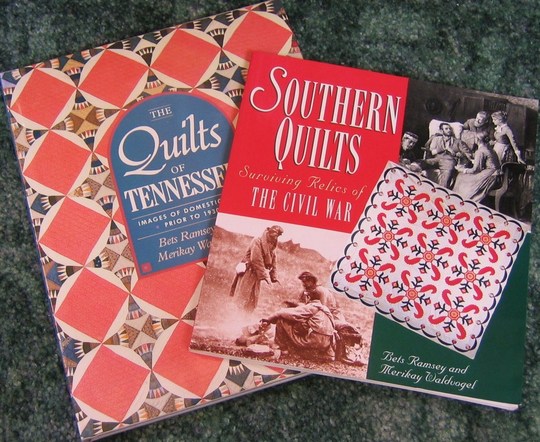
Photo by Karen Alexander
In 2003, Rosalind Webster Perry and Waldvogel co-edited the first book of articles about the honorees, The Quilters Hall of Fame.
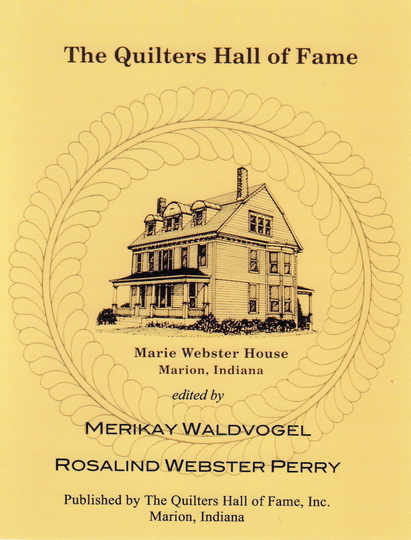
Merikay Waldvogel has served on the board of directors of both the American Quilt Study Group and The Alliance for American Quilts. She has been a key player in building the online Quilt Index and has also taken a key role in Quilt Treasures, two of the four programs that are the major contributions of AAQ to American cultural history. Waldvogel is also a fellow of the International Quilt Study Center (IQSC) at the University of Nebraska-Lincoln, where she has worked with graduate students and has built an important database of quilt kits.
In addition to serving quilt history organizations, Waldvogel is recognized as an expert on quilts of the twentieth century quilt revival. Her own book Soft Covers for Hard Times: Quiltmaking and the Great Depression is the key work on mid 20th century quilts and quiltmaking.
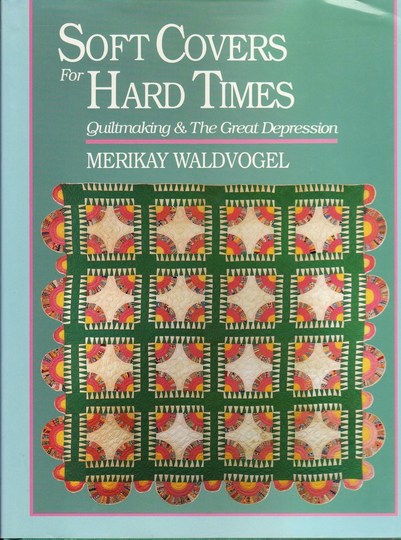
Photo by Karen Alexander
Her collaboration with 2001 Honoree Barbara Brackman on Patchwork Souvenirs of the 1933 World's Fair was another major contribution to quilt research.
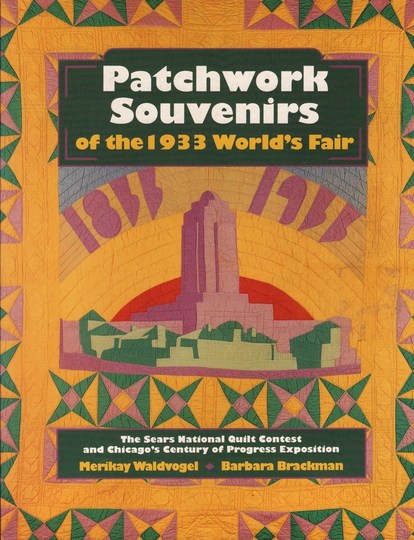
Photo by Karen Alexander
Waldvogel has labored over the creation of a Kit Quilt data base for a number of years, collecting images as well as manufacturing dates and other pertinent data.
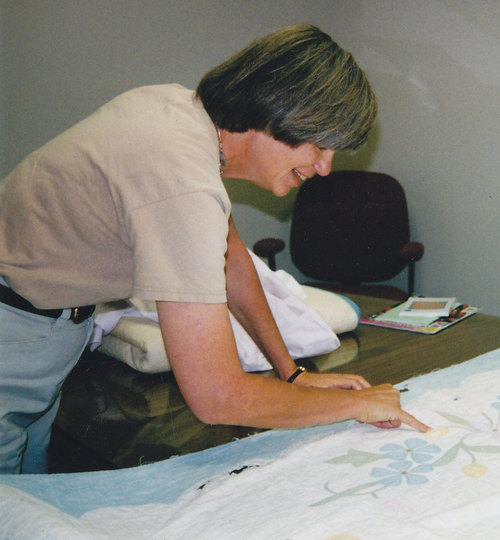
Waldvogel examining a quilt possibly made from a kit while attending events at
The Quilters Hall of Fame in Marion, Indiana in 2001. Photo courtesy of Merikay Waldvogel
Merikay Waldvogel has written for McCall's Quilting Vintage Quilts, American Patchwork and Quilting, Quilting Today/Traditional Quiltworks and Quilters Newsletter Magazine, one of her most recent articles in QNM magazine being the story of Hungarian immigrant Mariska Mihalovits Gasperik, who arrived in 1906 at the age of 16. Quilting became a way of avoiding isolation, writes, Waldvogel of Gasperik, and soon quilting became a passion for Gasperik. Many of the Gasperik quilts can now be seen on-line at the Quilt Index here. Be sure to browse through all of them. Maybe one will inspire you!
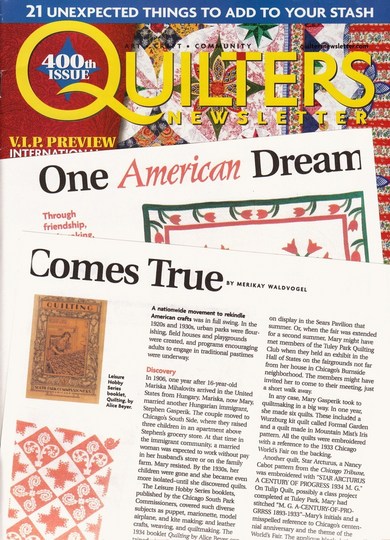
Waldvogel's latest book Childhood Treasures: Doll Quilts By and For Children highlights Lincoln, Nebraska quiltmaker Mary Ghormley's extensive doll quilt collection. (Podcast currently unavailable - To view a podcast about doll quilts click here to go to the International Quilt Study Center and hear Mary Ghormley talk about her doll quilt collection. You will have to scroll down to about the 14th lecture to find the one on doll quilts.)
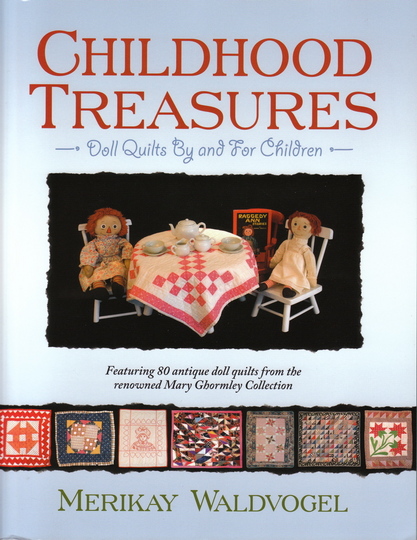
Photo by Karen Alexander
Merikay Waldvogel is a graduate of Monmouth College in Monmouth, IL and earned a M.A. in Linguistics at the University of Michigan.
Karen B. Alexander
Past President, The Quilters Hall of Fame
Member of AQSG since 1981
SOURCES:
1) Brackman, Barbara and Merikay Waldvogel. Patchwork Souvenirs of the 1933 World's Fair, Rutledge Hill Press, 1993
2) Horton, Laurel. "Bets Ramsey", The Quilters Hall of Fame, ed. Merikay Waldvogel and Rosalind Webster Perry (2006 Supplement)
2) Ramsey, Bets, and Merikay Waldvogel. The Quilts of Tennessee: Images of Domestic Life Prior to 1930. Nashville: Rutledge Hill Press, 1986.
3) Ramsey, Bets, and Merikay Waldvogel. Southern Quilts: Surviving Relics of the Civil War. Rutledge Hill Press, 1996.
4) Ramsey, Bets. "Merikay Waldvogel's Quilt Odyssey", The Quilters Hall of Fame Newsletter, Spring 2009
5) Waldvogel, Merikay. "Quilts in the WPA Milwaukee Handicraft Project" in Uncoverings 1984, American Quilt Study Group.
6) Waldvogel, Merikay. "Southern Linsey Quilts of the 19th Century" in Uncoverings 1987, American Quilt Study Group.
7) Waldvogel, Merikay. "The Marketing of Anne Orr's Quilts" in Uncoverings 1990.
8) Waldvogel, Merikay. "Mildred Dickerson: A Quilt Pattern Collector of the 1960s and 1970s" in Uncoverings 1994, American Quilt Study Group.
9) Waldvogel, Merikay. "The Origins of Mountain Mist Patterns" in Uncoverings 1995, American Quilt Study Group.
10) Waldvogel, Merikay. Soft Covers for Hard Times: Quiltmaking and the Great Depression, Rutledge Hill Press, 1990
11) Personal conversations and emails with Merikay Waldvogel
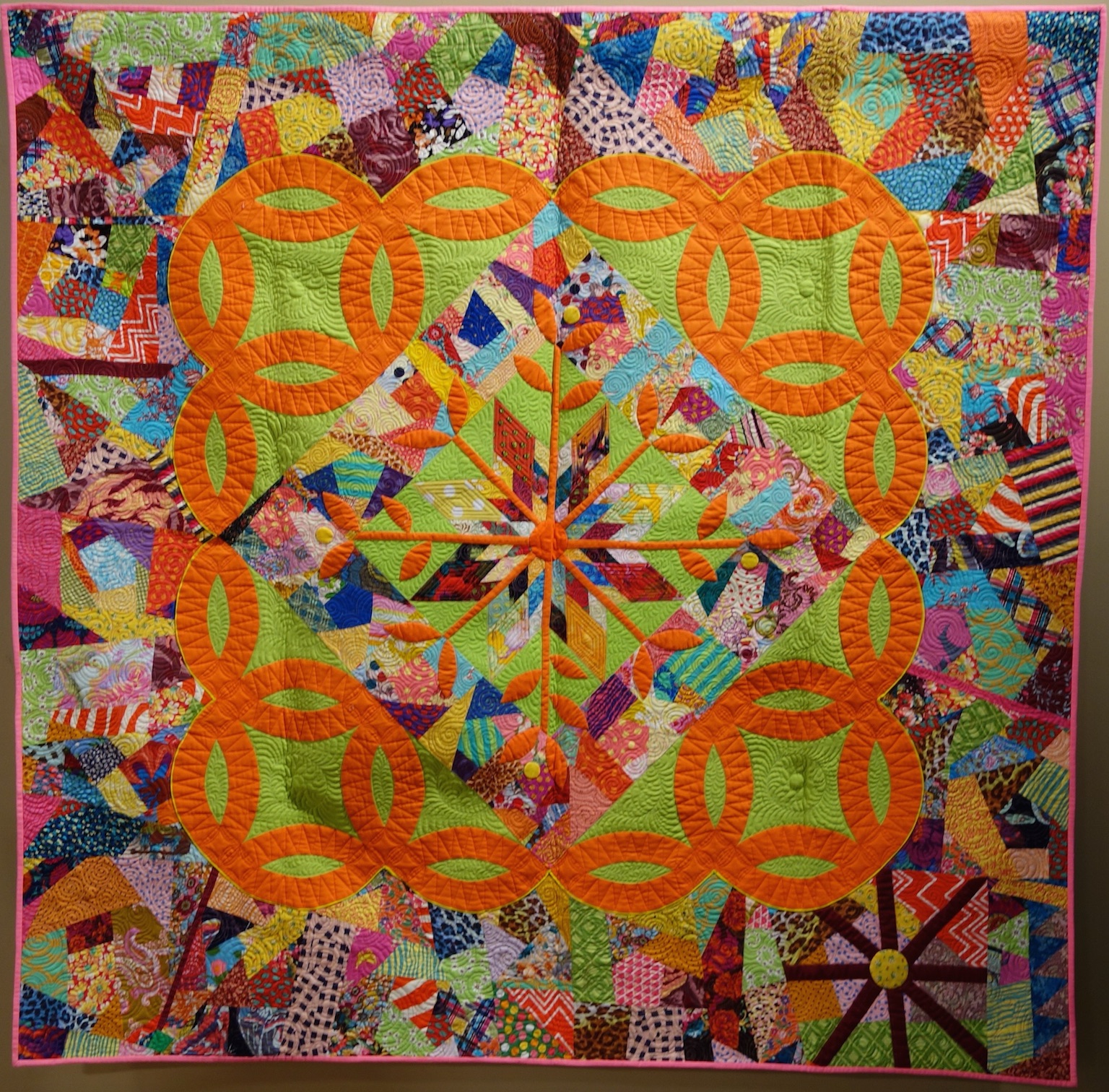 Original Photo: Mary Kay Davis
Original Photo: Mary Kay Davis



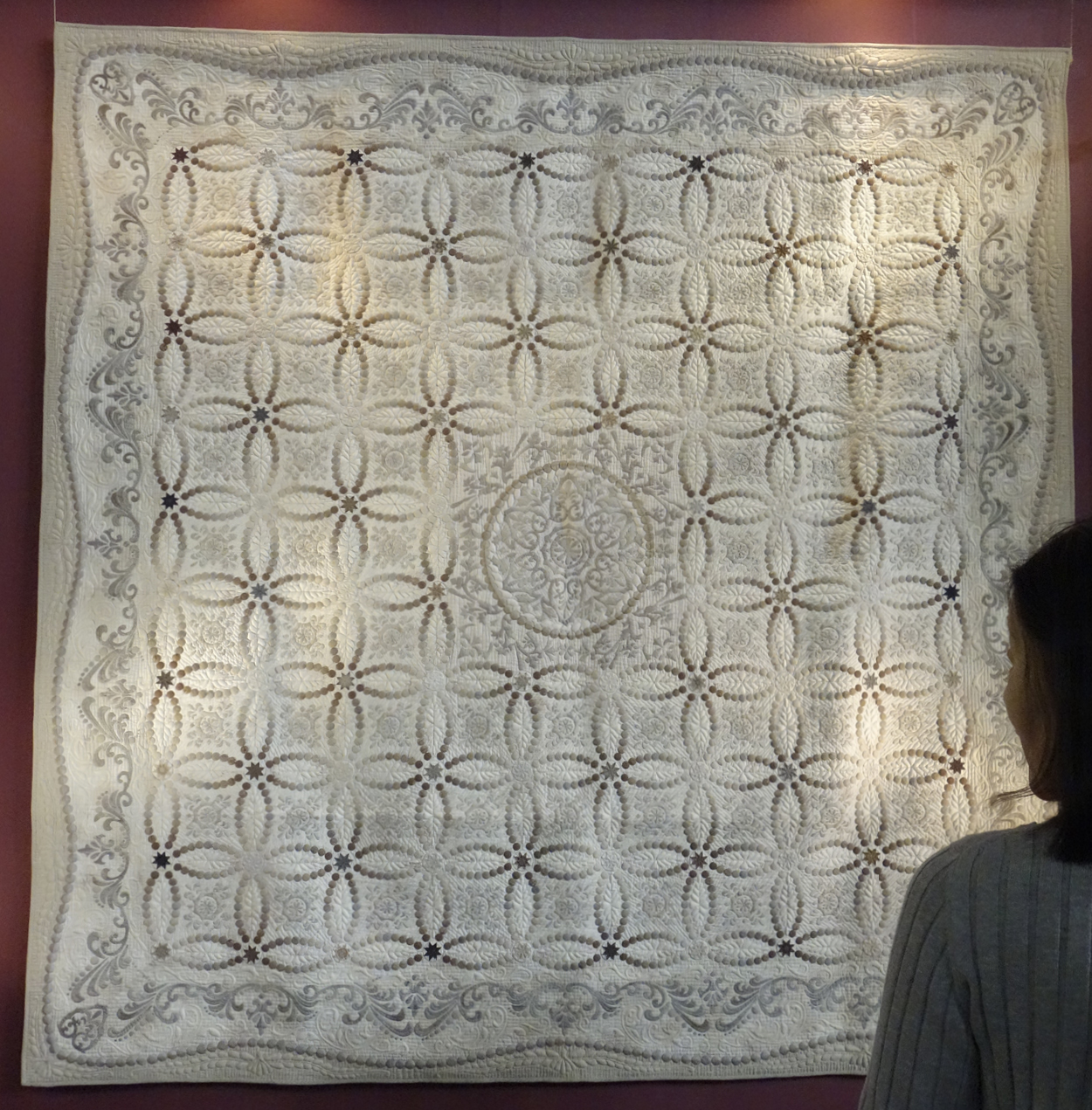















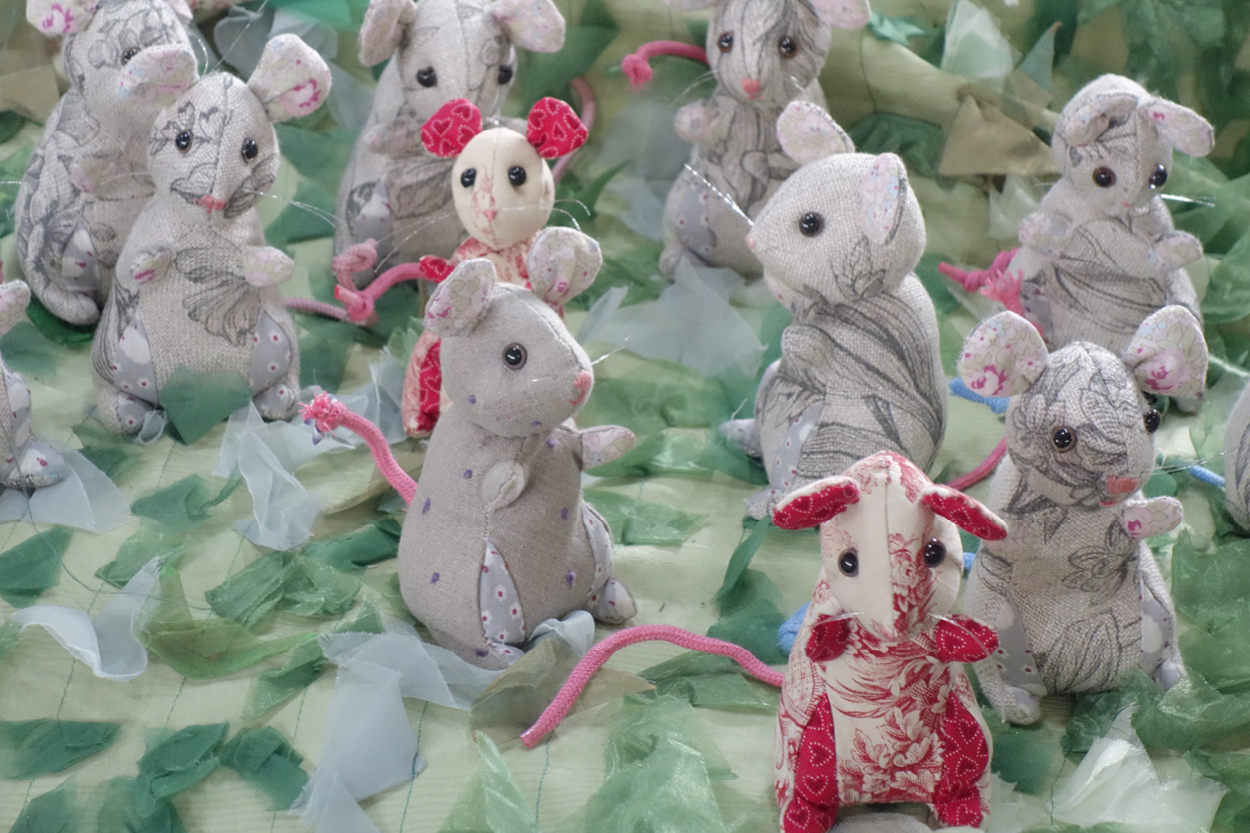
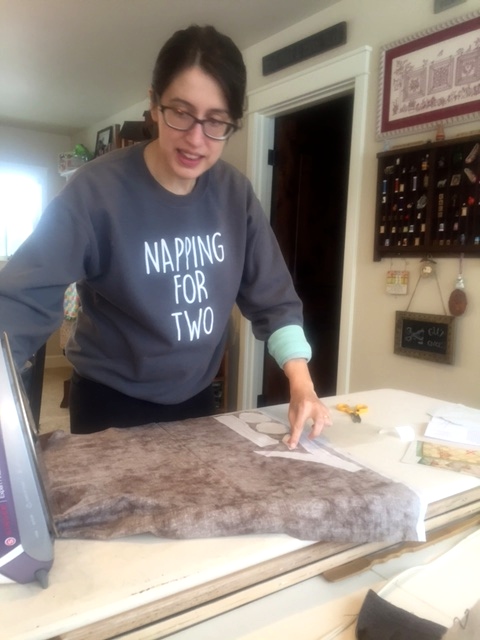
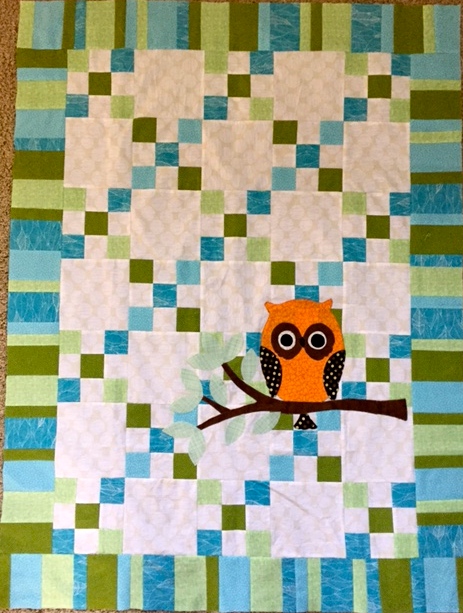
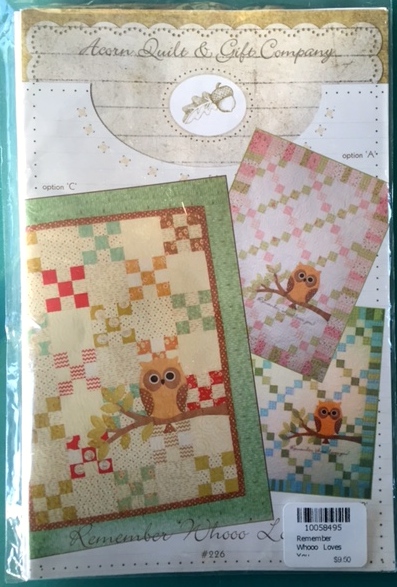


.jpg)
